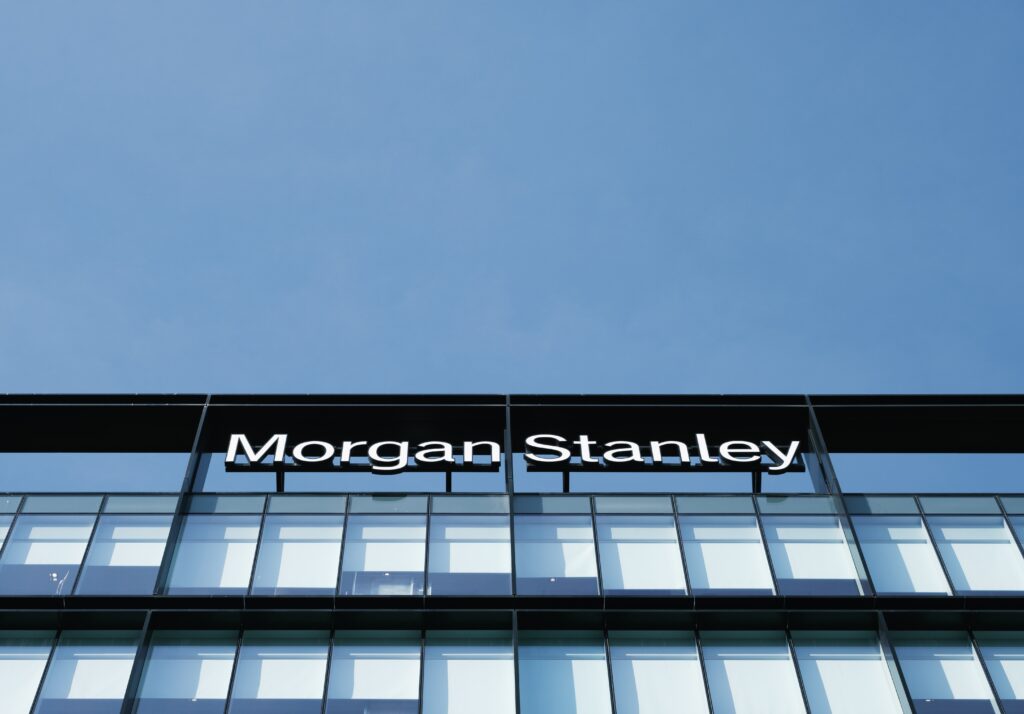
Morgan Stanley block trade overview:
- Who: Morgan Stanley agreed to pay $249 million for its false statements related to Morgan Stanley block trade.
- Why: The company was charged with fraud for its disclosure of confidential information about the sale of large quantities of stock, known as a block trade.
- Where: The Morgan Stanley penalty comes after it was charged in federal court in New York.
Morgan Stanley agreed to pay $249 million to settle charges of making false statements and revealing confidential information related to block trades, the U.S. Securities and Exchange Commission (SEC) announced.
The charges involved multiple years of fraud involving the disclosure of confidential information about the sale of large quantities of stock known as “block trades.” The Morgan Stanley penalty included $138 million in disgorgement, approximately $28 million in prejudgment interest and an $83 million civil penalty.
“Despite assuring selling shareholders that they would keep their efforts to sell large blocks of stock confidential, Morgan Stanley and Pawan Passi instead leaked that material non-public information to mitigate their own risk, win more block trade business, and generate over a hundred million dollars in illicit profits,” Gurbir S. Grewal, Director of the SEC’s Division of Enforcement, said in a statement. “When market participants game the system for personal gain in this way, it erodes investor confidence and undermines market integrity.”
Morgan Stanley knew block trade information would be used to short investments
Morgan Stanley and the former head of its equity syndicate desk, Pawan Passi, were accused of disclosing non-public market information related to block trades between June 2018 and August 2021 to buyers despite confidentiality requests from the sellers and Morgan Stanley’s own internal policies on protecting confidential information.
Passi and Morgan Stanley knew the information would be used by investors who took a short position on the stock before the Morgan Stanley block trade, the SEC accusations say.
“Today’s fraud charges underscore our commitment to holding wrongdoers accountable, no matter how complicated the fraud or sophisticated the perpetrators,” Grewal said.
Morgan Stanley agreed in November to pay $6.5 million in settlements to put an end to investigations being conducted by six attorneys general who were looking into two data breach incidents announced by the global financial services company in 2020.
Have you held stock in Morgan Stanley? Let us know in the comments.
Don’t Miss Out!
Check out our list of Class Action Lawsuits and Class Action Settlements you may qualify to join!
Read About More Class Action Lawsuits & Class Action Settlements:















2 thoughts onMorgan Stanley to pay $249M for false block trade statements
I have investments with Morgan Stanley.
Have Morgan Stanley investment s